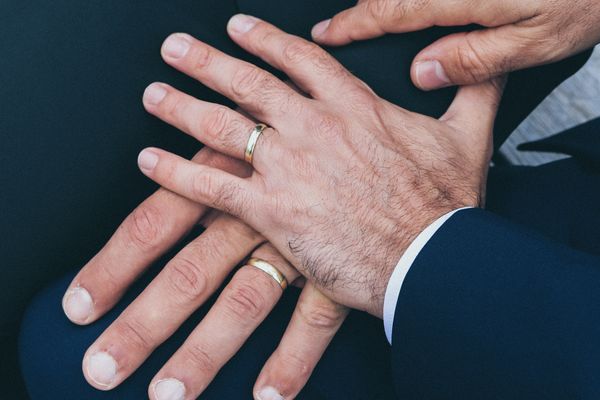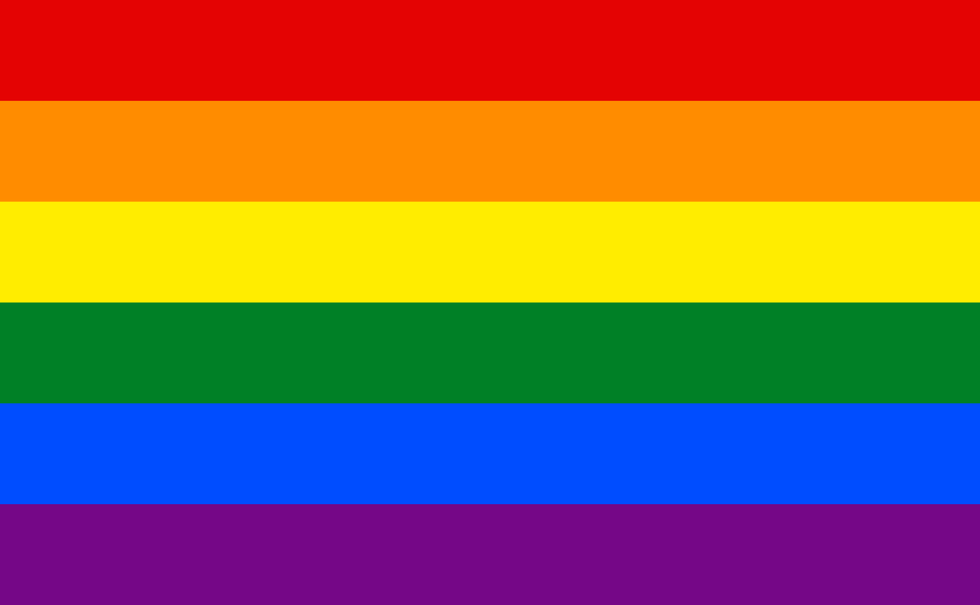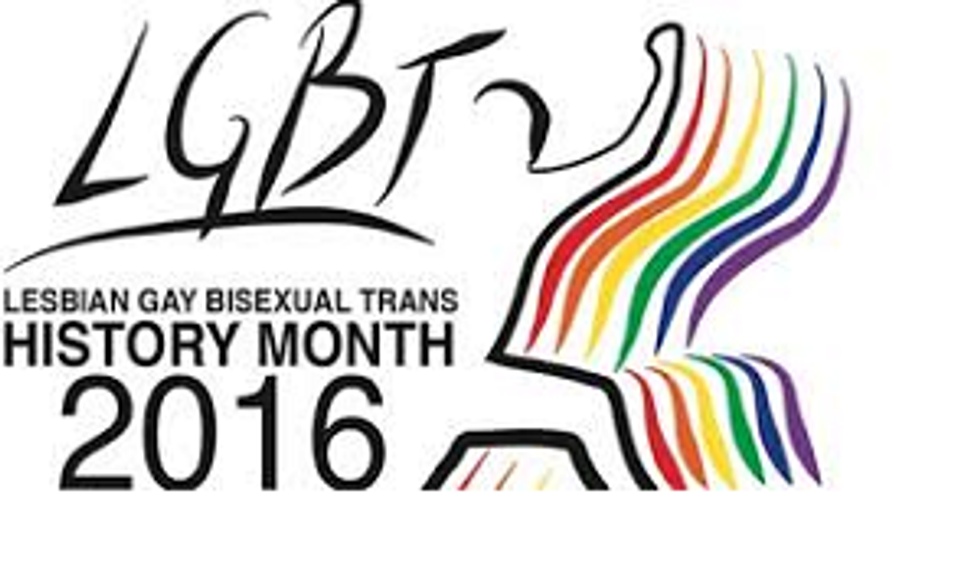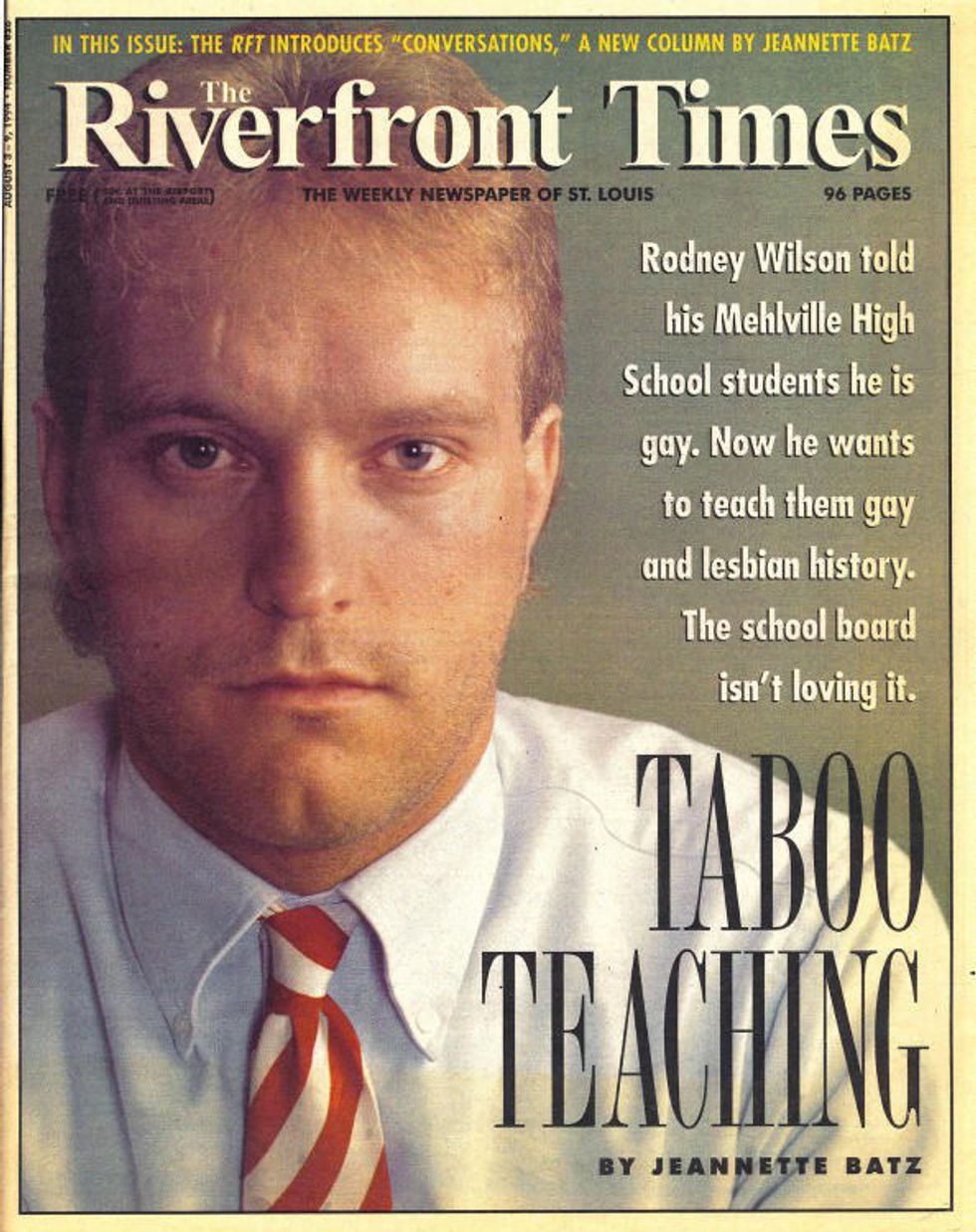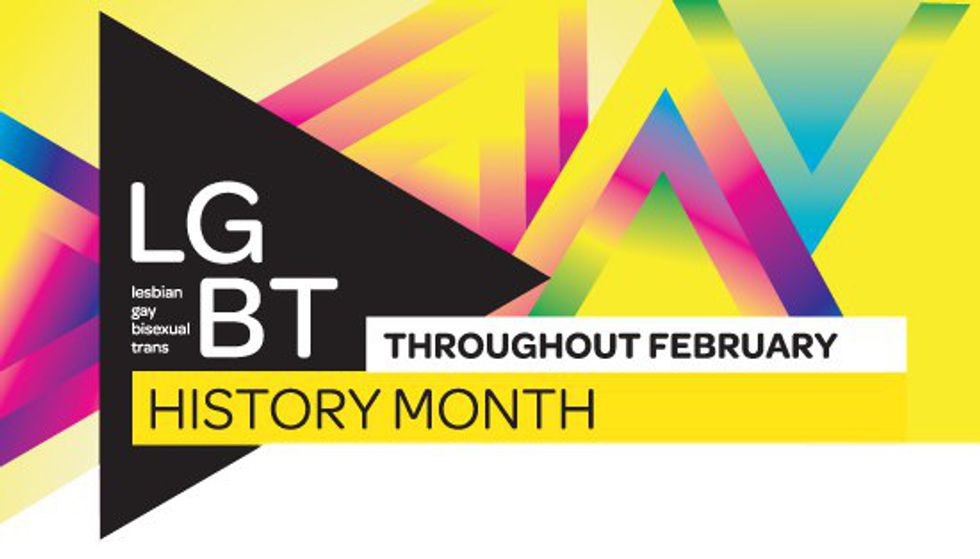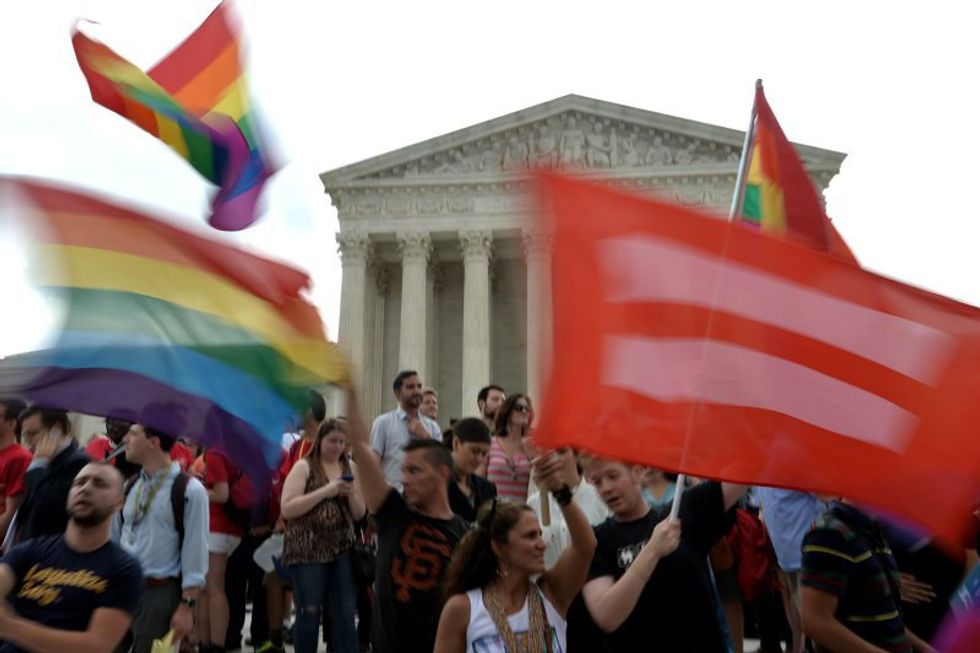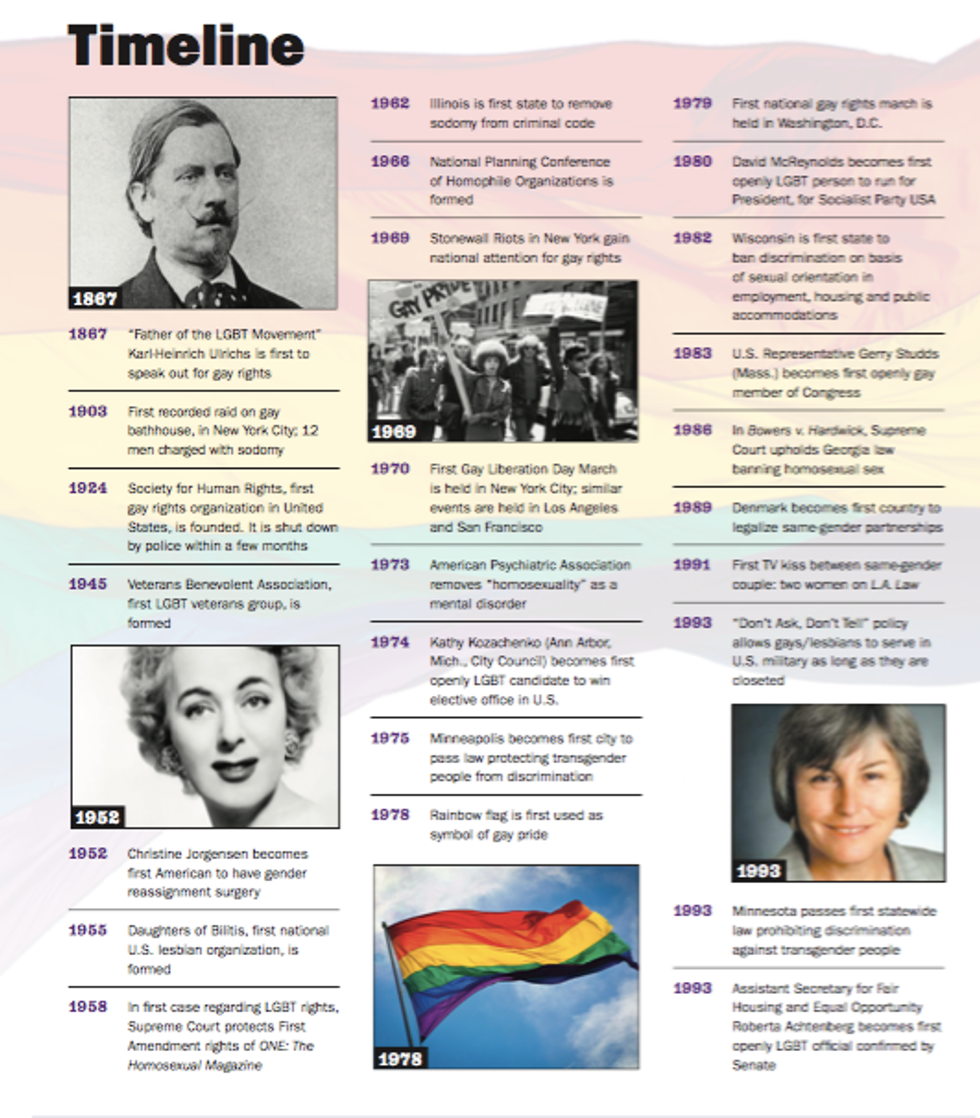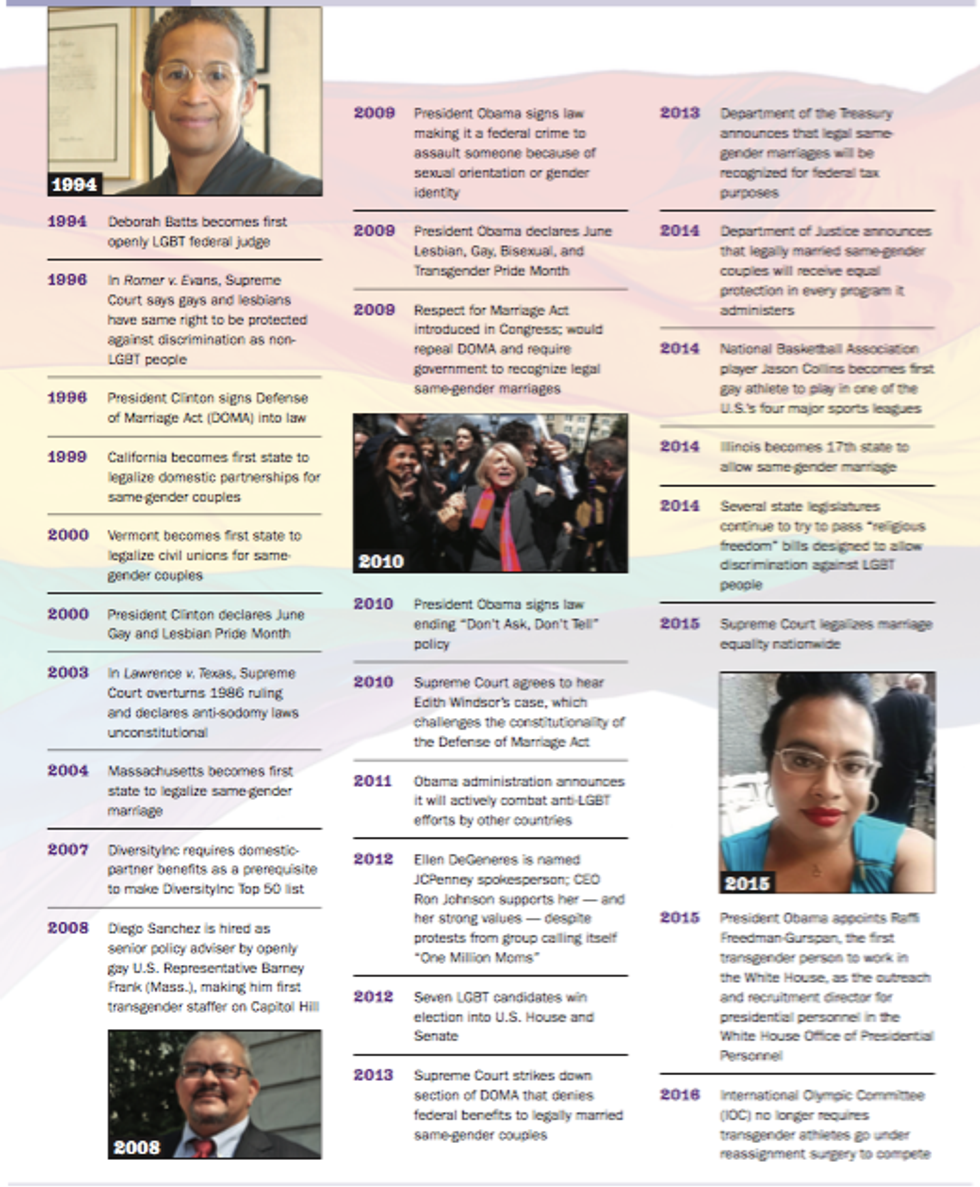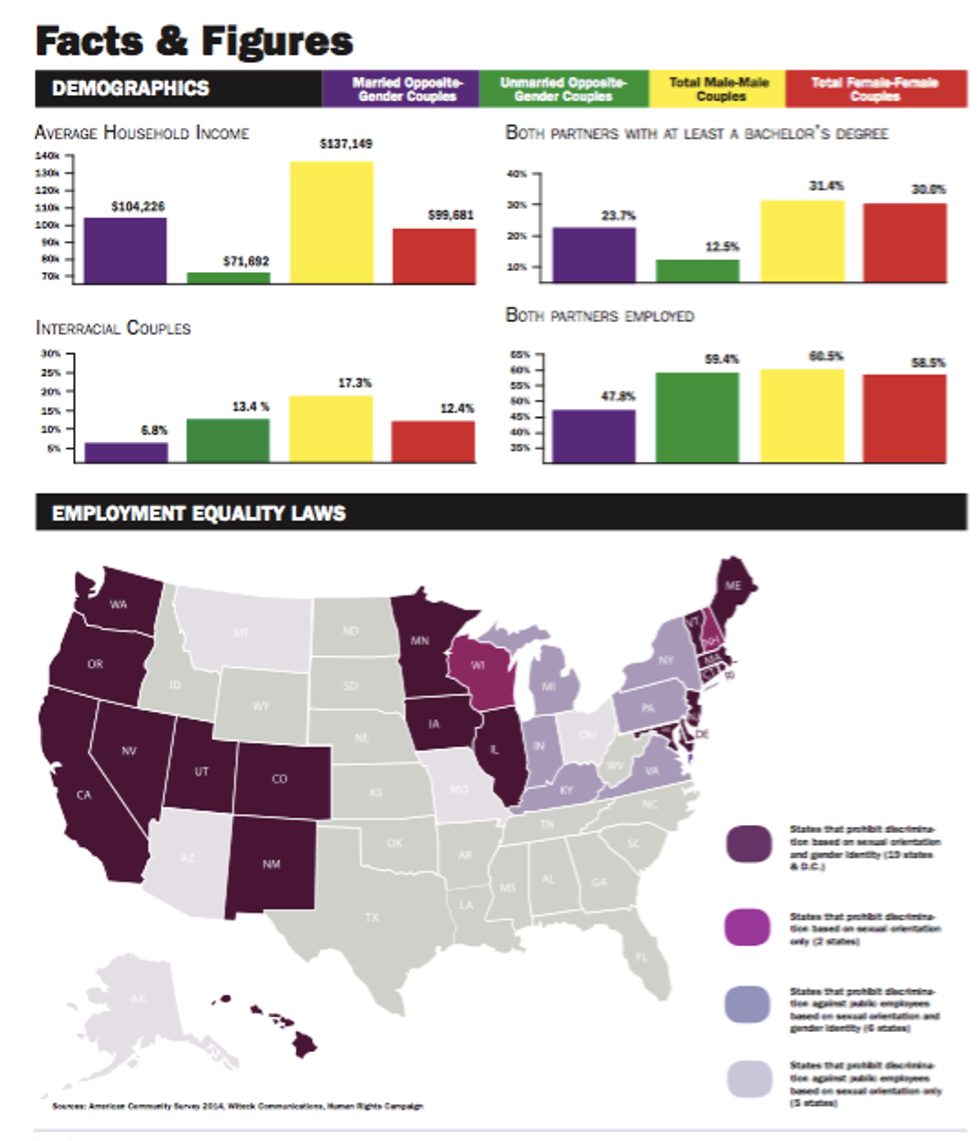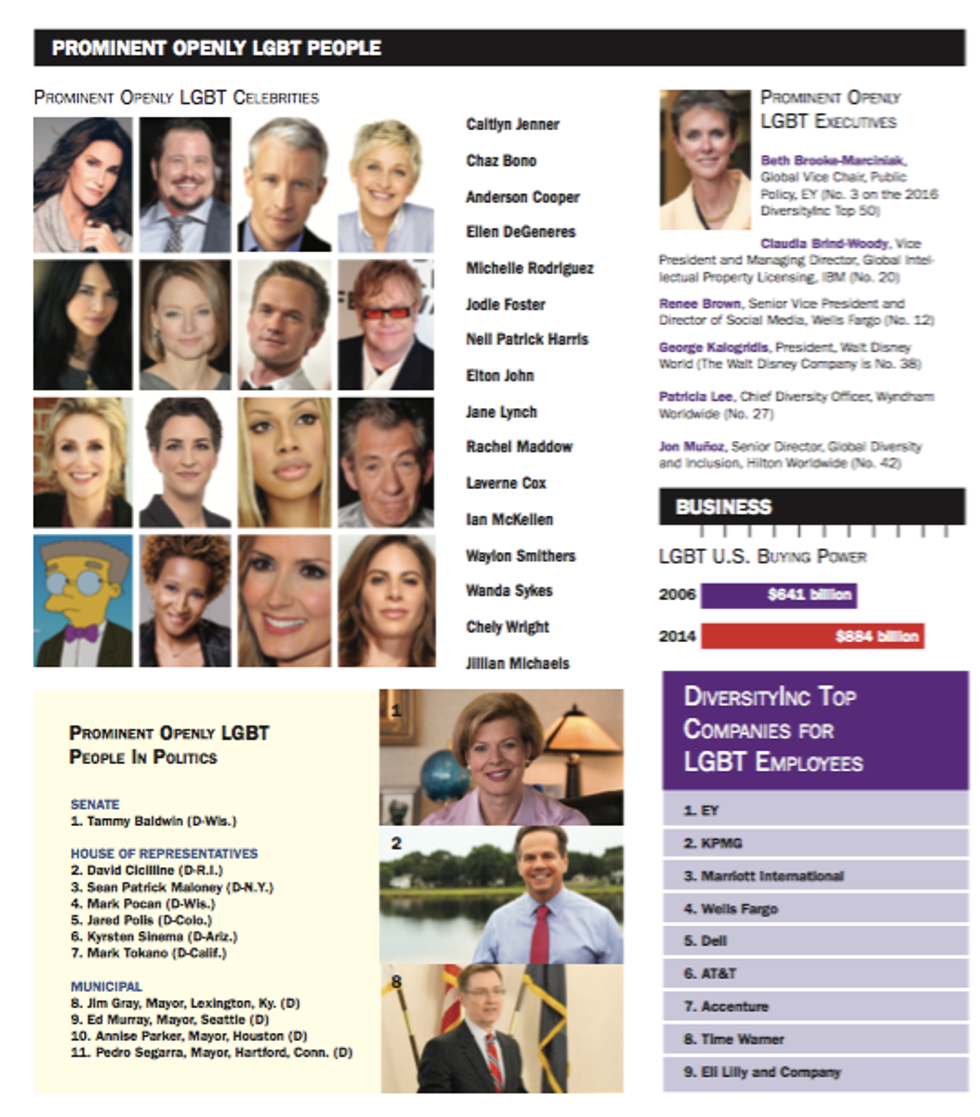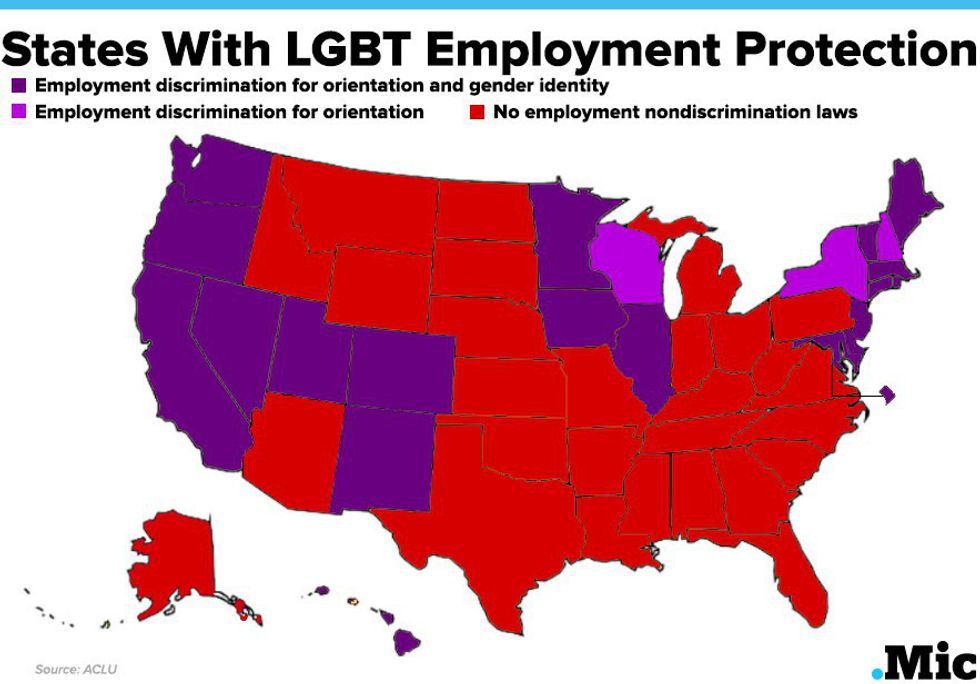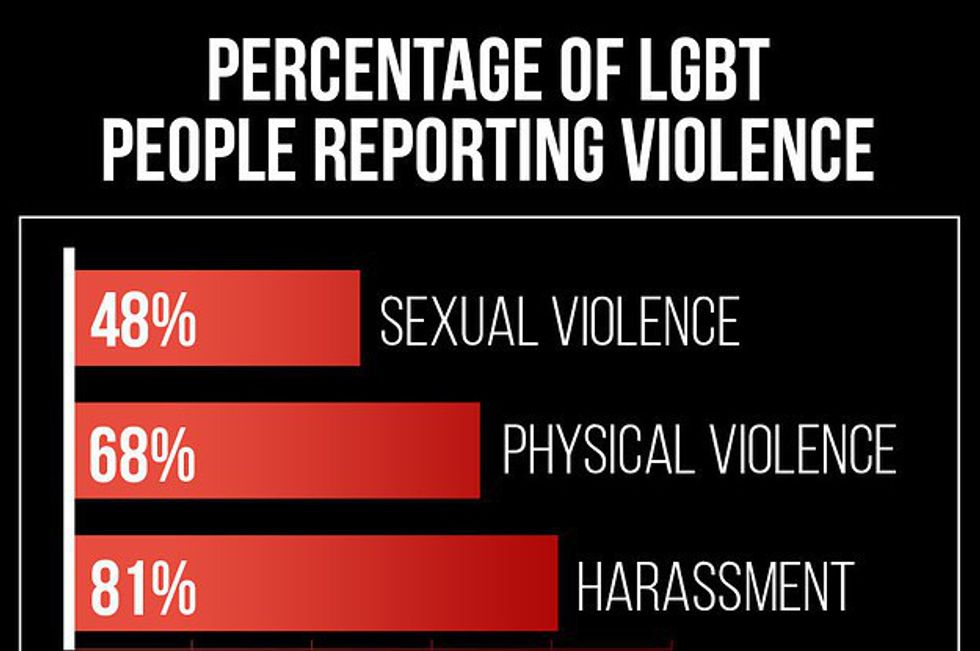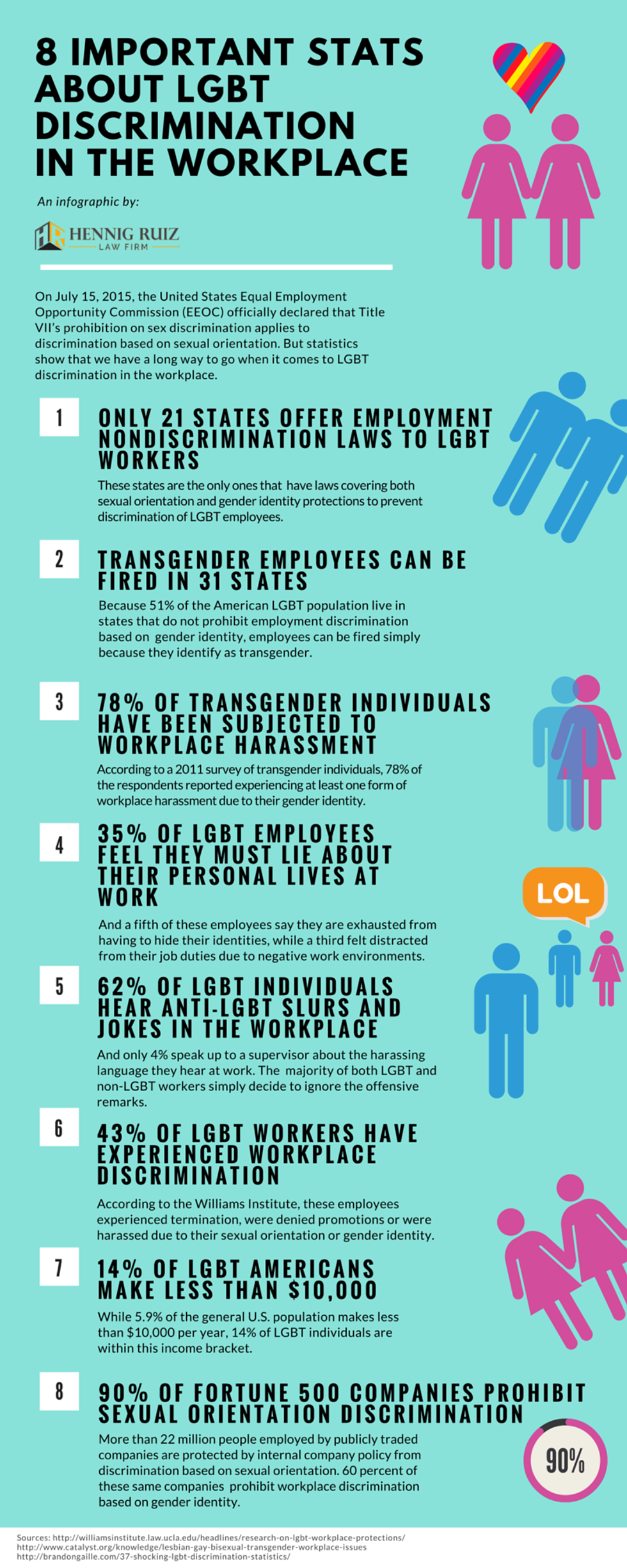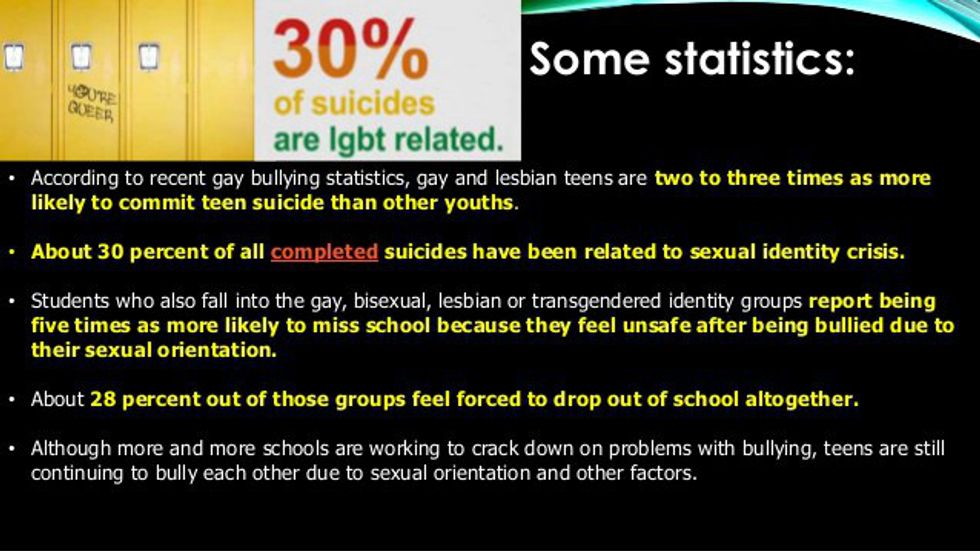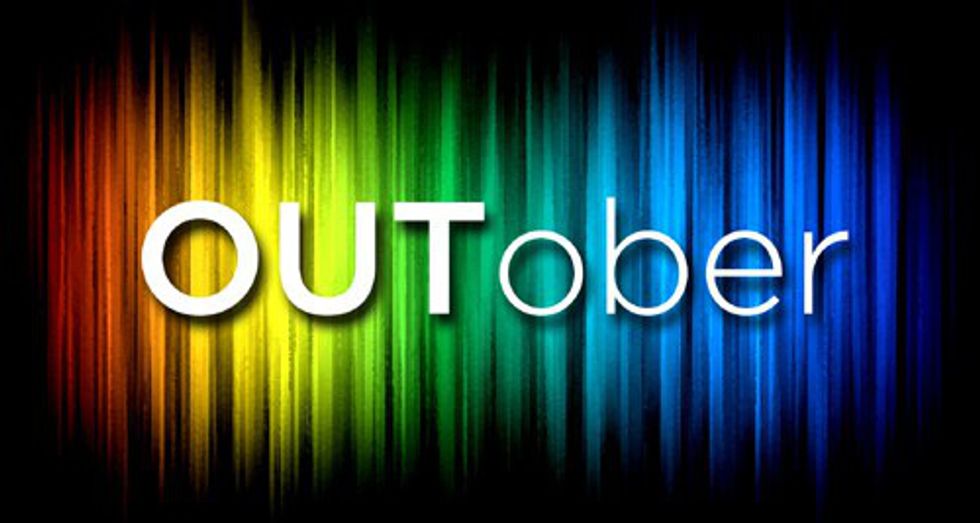LGBT History Month is an American month-long celebration and teaching of lesbian, gay, bisexual and transgender history, as well as the history of gay rights and other LGBT civil rights movements. This is recognized in October to coincide with National Coming Out Day, which falls on October 11. The UK's celebration occurs in February.
LGBT History Month first arose in 1994 when Rodney Wilson, a Missouri history teacher proposed that an entire month should be dedicated to the teachings of LGBT history.
This month is intended to encourage honesty and openness about being LGBT, and also to educate those not in the community on our history.
Celebrations in LGBT History Month
Ever year on Oct. 11, we celebrate National Coming Out Day - coming out as lesbian, gay, bisexual, transgender, queer (LGBTQ) or as an ally. 2016 marks the 28th anniversary of National Coming Out Day, in addition to remembering the first march on Washington in 1979 on Oct. 14. Other celebrations of this month include Spirit Day on October 20th, in which people around the nation wear purple in support of LGBT youth, Ally Week, a week in which allies against the bullying of the LGBT community are celebrated, and the anniversary of Matthew Shepard's murder on October 12th, 1998. This crime later sparked the Matthew Shepard and James Byrd, Jr Hate Crimes Preventions Act (passed October 22, 2009), which expanded the 1969 US federal hate-crime law to include crimes motivated by victim's actual or perceived gender, sexual orientation, gender identity, or disability.
LGBT History TimelineLGBT Facts and Figures -
Even though American have made leaps in legal and social progress in the LGBT community, LGBT Americans still fall victim to violence and hate.
The mass shooting that killed 49 people in a LBGT-friendly club in Orlando over the summer is a wake-up call to those living openly as lesbian, gay, bisexual or transgender. Even in 2016, our existence is still considered a threat to others.
If you look at our history has a whole, we have made incredible changes happen in the country. From a sitting president endorsing marriage equality to all, to making same-sex marriage legal, it is clear to see that our community has come a long way. LGBT characters in the media and on television are the highest that they have ever been, so it is easy for some to think that our struggle is over. At least 225 cities and countries across the nation prohibit employee discrimination on the basis of sexual orientation or gender identity. Even though our advances have been incredible, the fight is not over.
Our Fight is Not Over
In a majority of states, a person can be denied service or fired due to their gender identity or sexual orientation.
Why is LGBT History Important?
It is important to teach LGBT history, to show how far this community has come, but also how much farther we have to go. In school we are taught about different cultures and religions, so what about queer history? No person should be told that they don't have a history. Teaching our future generations about LGBT history will bring humanity one step closer to total equality. Knowledge is the key to power, and with this power we can change the world.
Whether you are gay, lesbian, transgender, bisexual, or however you identity, you are important and your story matters.
We are here, we are queer, and we aren't going anywhere.
If you would like to read more about LGBT history and LGBT History Month, please visit these sites:
https://en.wikipedia.org/wiki/LGBT_History_Month
http://www.diversityinc.com/diversity-facts/lgbt-p...
http://www.hrc.org/resources/national-coming-out-d...
https://en.wikipedia.org/wiki/LGBT_rights_in_the_U...
https://en.wikipedia.org/wiki/Matthew_Shepard

